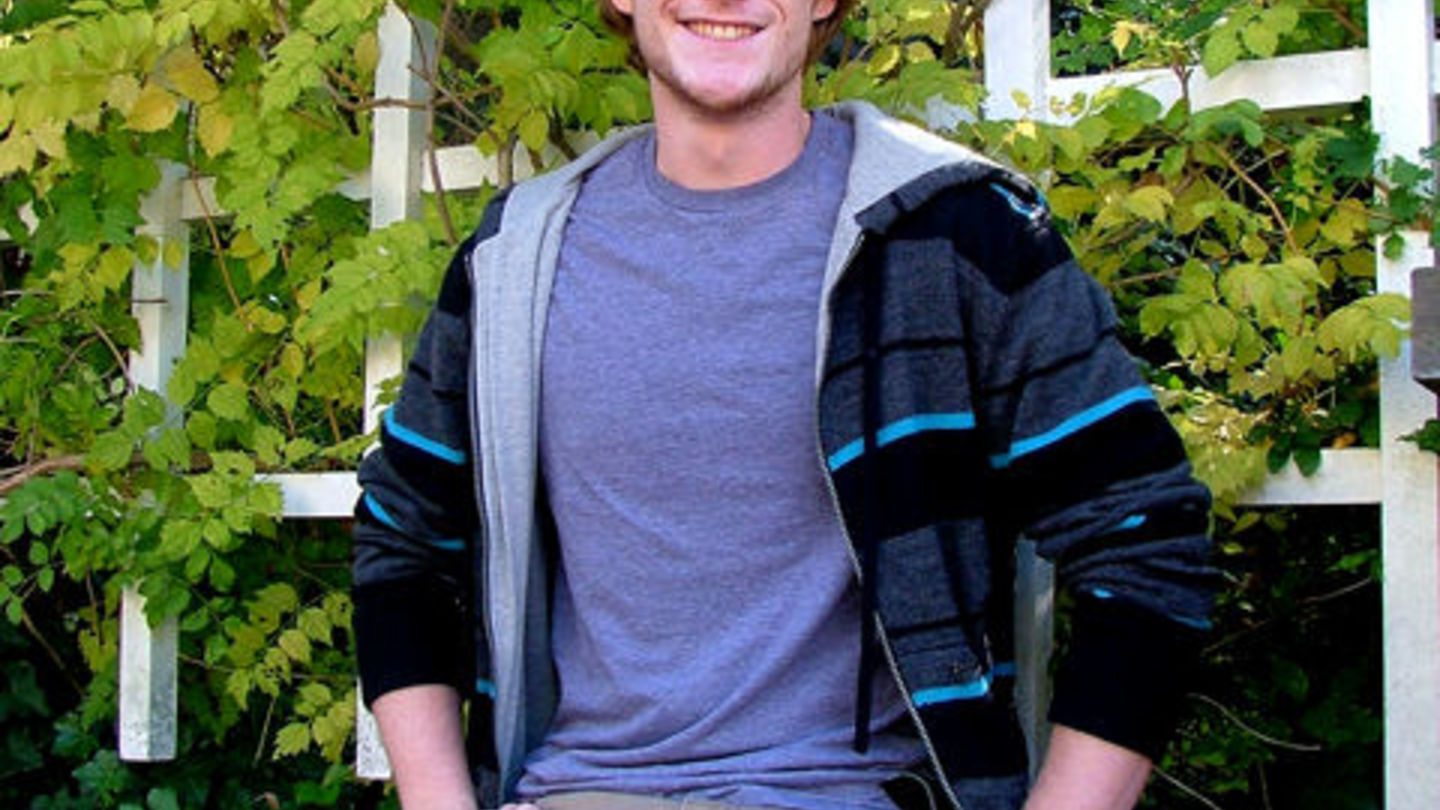
Sean Maxwell spent recent months working with the Federal Emergency Management Agency (FEMA) at its regional office in Philadelphia, pouring over more than a decade of flooding data to modernize the presentation of the information to help prevent stormwater damage in the future.
"I was working with FEMA's Risk Analysis department on a long term data preservation project for Region III, which includes Pennsylvania, Delaware, Washington, D.C., Maryland, Virginia and West Virginia," he said "This was data from houses that had been assessed for flood damage between 1996 to 2005 that had not been databased — they were all hard copies, some on loose leaf paper. We used GIS (Geographic Information Systems) to compile all of this information — map location, high water marks, flood elevation — which can in turn be used to create accurate floodplain maps and develop mitigation ideas to decrease flood risk."
Maxwell wasn't an employee of FEMA while he was assisting the agency with this essential task. An undergraduate in Temple University's Community and Regional Planning program, he was given the opportunity to put the skills he had learned in the classroom to real world use during a for credit internship developed with FEMA in coordination with Temple's Center for Sustainable Communities.
"We were approached by Jon Janowicz (Branch Chief for Risk Analysis for FEMA's Regional III) about getting students involved in developing comprehensive GIS files that could present this flooding data digitally and graphically in a way that was easy to understand," said Dr. Jeffrey Featherstone, Director of the Center for Sustainable Communities. "Sean took the data and was able to show patterns of flood hazard damage. Given the chance to put their technical skills to use in this way, our students really perform exceptionally."
According to Janowicz, Maxwell was involved in data preservation for commercial and residential properties that had been evaluated for the national Hazard Mitigation Grant program.
"There were a lot of paper records in fragile condition. When looking at that sort of material, you just see a stack of papers and might miss their value — we knew the value of this information," he said. "Sean was able to get this material organized and digitized — his turnaround time was terrific. It's a real benefit to bring students in who are given an opportunity to gain an understanding of what it is that we do — flooding and stormwater management is something that affects almost every community each year."
Dr. Featherstone said FEMA has increased their staffing by as much as 50 percent in the region following storms such as Hurricane Sandy.
"The skills that our students are learning in our degree programs, combined with real world experiences with agencies like FEMA, make them ready to jump right into the planning profession upon graduation," he said. "Our goal is to continue to build these types of partnerships and provide educational opportunities that have practical value, opportunities that not only benefit our students but the communities and organizations that they are assisting."
Maxwell said his internship with FEMA "provided a real introduction to the professional world of planning."
"I think I now have a firm grasp of what is expected of me as a professional planner," he said. "Through the Community and Regional Planning program, I've learned GIS, digital mapping, cartography and so many other students — most of our projects are related to community assessment and analysis. It's provided a solid foundation for what I would like to do as a career."
Janowicz said partnerships with universities like Temple and other groups "are essential to FEMA's mission."
"Through Dr. Featherstone, we've learned about the work that Temple is doing in the field and the university's commitment to communities," he said. "On the other side, we are committed to helping train the next generation of planners and civic leaders. Projects like what Sean was involved with incorporate so many kinds of community planning — it's this kind of integrated planning that leads to sound decision-making."
CONTACT: James Duffy, 267-468-8108, duffyj@temple.edu
